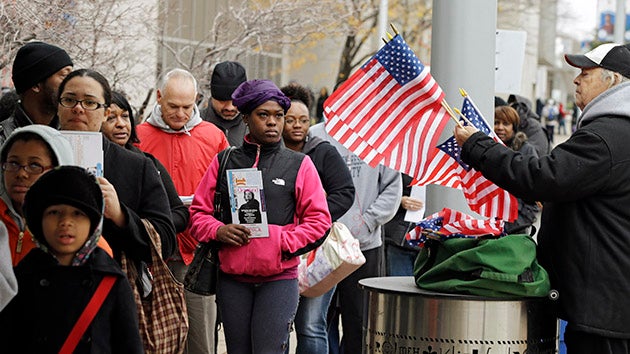WCP: Redefining the Working Class
Posted in Visiting Scholars | Tagged Deindustrialization, John Russo, Sherry Linkon, WCP, Working Class, Working-Class Perspectives
In this week’s Working-Class Perspective post, John Russo and Sherry Linkon team up to call for an expanded understanding and updated definition of the working class.
“Historians have argued that the working class was formed through industrialization, which generated changes not only in economic structures, working conditions, social relations, and politics, but also in culture. In the first decades of the twenty-first century, economic restructuring has again brought fundamental changes, including the rise of neoliberalism. Those changes together with the economic crisis of the last decade have expanded the working class, but the working class is also changing.
While some would argue that class is an objective term, and being working class is a matter of economic relations regardless of self-identification or attitudes, class has always involved both economic conditions and culture. Yet while the traditional definition of the working class as those who sell their labor, who do not “control the means of production,” remains relevant, it is also somewhat problematic in the current economy. No doubt, many people work in jobs that fit this definition easily, but neither the taskers who sell their labor in small chunks to varied “owners” nor those who sometimes choose the apparent self-control of freelancing over what they see as the drudgery and false security of traditional jobs fit easily into this model.”
You may read the post in its entirety and see other Working-Class Perspectives posts on our website.
The Working-Class Perspectives blog is brought to you by our Visiting Scholar for the 2015-16 academic year, John Russo, and Georgetown University English professor, Sherry Linkon. It features several regular and guest contributors.

